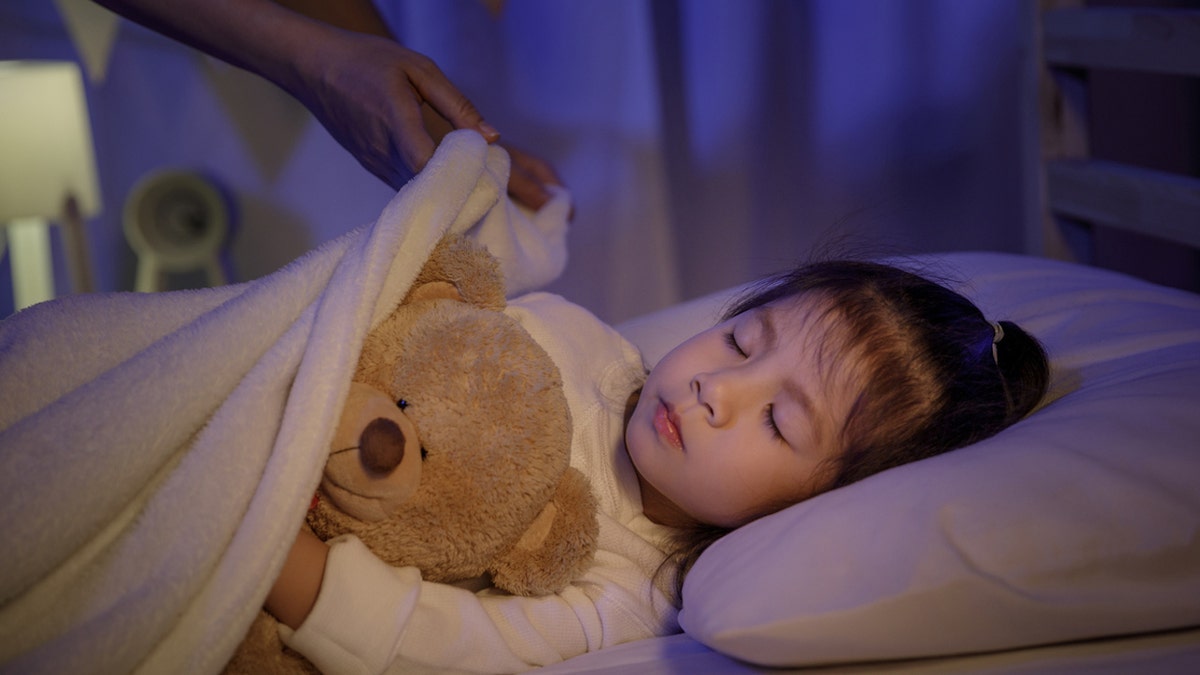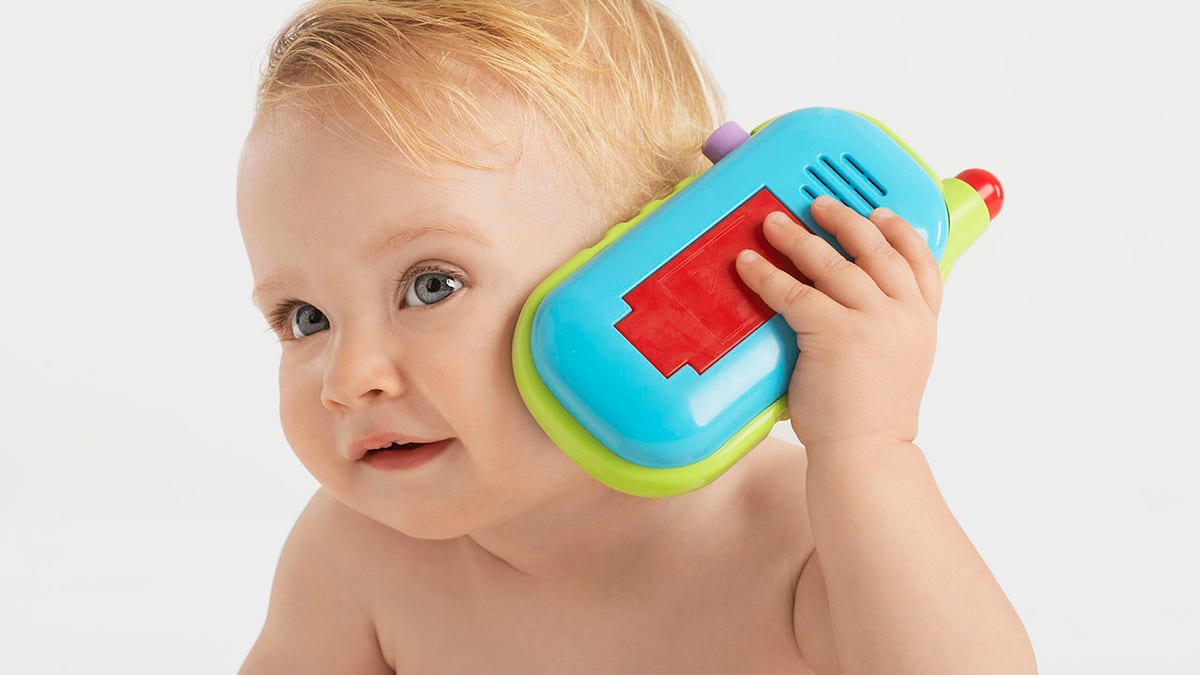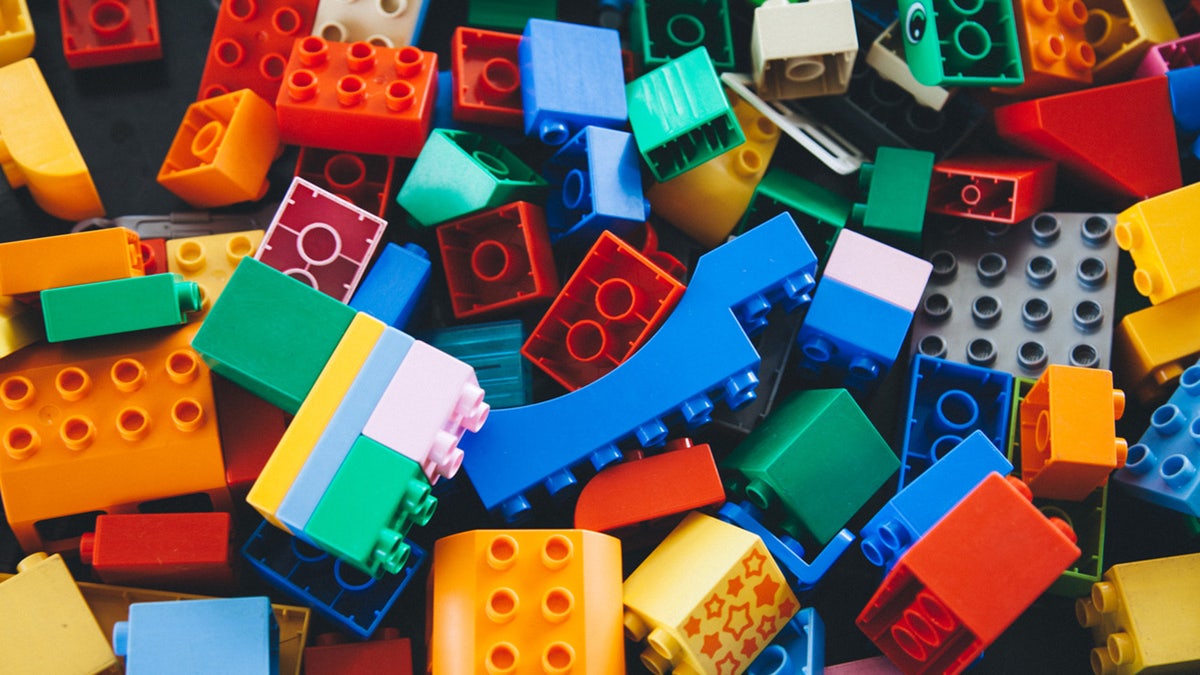AI toys are rapidly evolving from the rudimentary interactive toys of the past, like Teddy Ruxpin and Furby, into sophisticated devices powered by artificial intelligence. This holiday season, expect to see a wave of new AI-powered toys, including interactive teddy bears that can tell personalized bedtime stories. These toys learn about a child's preferences and even their secrets through conversations, raising significant privacy concerns.
VTech CEO Allan Wong envisions these AI teddy bears as an alternative to traditional bedtime stories. They can create custom tales, soothe tantrums, entertain, and educate. While innovative, these toys collect data, potentially including sensitive information about the child and their family. This data collection raises concerns about how the information is stored, shared, and potentially used for marketing.

The 2015 Hello Barbie doll serves as a cautionary tale. This Wi-Fi-enabled doll recorded conversations, raising privacy and security concerns. Mattel, the maker of Hello Barbie, faced legal action and subsequently made changes to comply with child privacy laws. This case highlights the importance of vigilance regarding data collection practices in children's toys.

Given the increasing prevalence of AI toys, it's crucial for parents to take steps to protect their children's privacy. Disabling cameras and chat functions, enabling parental controls, and thoroughly reviewing privacy policies are essential. Resetting the toy to erase its memory when no longer in use is also recommended. While AI toys offer engaging features, balancing innovation with privacy remains a critical challenge.

Perhaps the best approach is to encourage children to explore alternative play options that don't pose the same privacy risks, reminding us that sometimes, the simplest toys can be the most rewarding.
Comments(0)
Top Comments